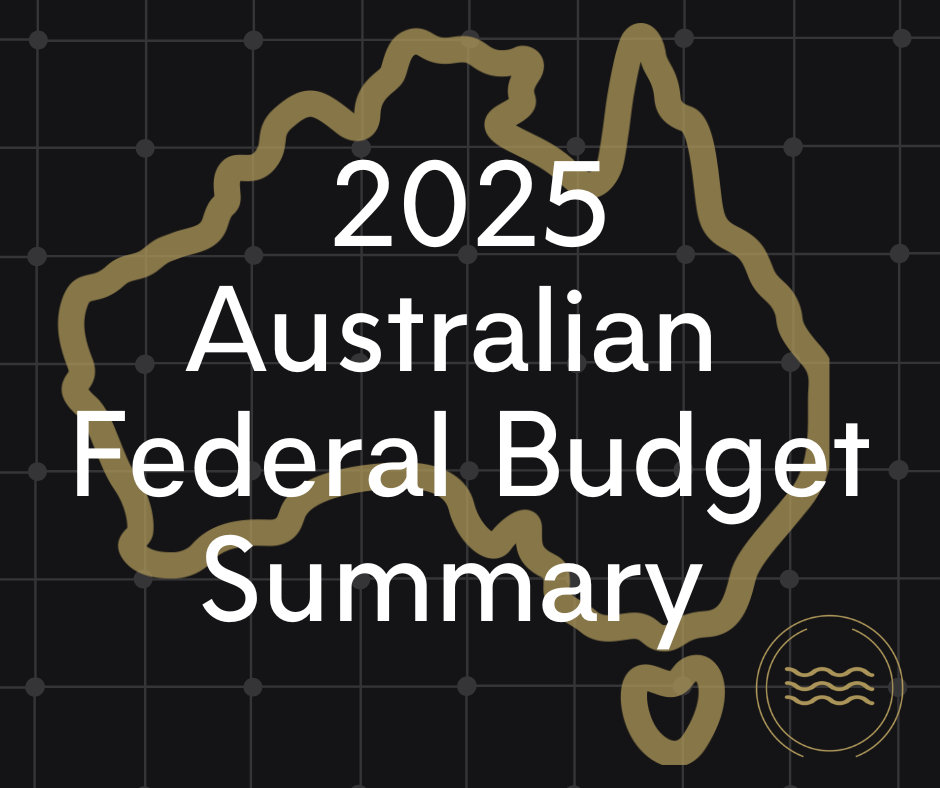
Cross-border tax announcements on residency and PE determination by the U.S. IRS amid COVID-19 emergency
COVID-19 emergency has lead governments to close their borders and apply travel restrictions. Governments and international organization, like Organisation for Economic Co-operation and Development (OECD), are issuing guidance on cross-border tax issues (like tax residency and permanent establishment (PE) determination) in addition to tax administrative procedures.
The guidance published by the OECD is covered in our blog OECD addresses recommendations concerning creation of permanent establishments, place of effective management and cross-border workers amid COVID-19. Today’s blog covers the recent cross-border tax announcements by the Treasury Department and the Internal Revenue Service (IRS) in news release IR 2020-77 on 21 April 2020.
The U.S. Treasury Department and the IRS issued a guidance providing relief to certain individuals and businesses affected by travel and related disruptions arising from the COVID-19 emergency. This guidance has been published in the form of revenue procedures (Rev. Proc. 2020-20 and Rev. Proc. 2020-27) and a set of Frequently Asked Questions (FAQs).
| Revenue Procedure 2020-20 | |
| Applies to | An alien individual who is either:
|
| Relief | Above alien individual can exclude the Emergency period under the substantial presence test (SPT) for determining tax residence in the U.S. for the 2020 calendar year.
The relief is provided under the Medical Condition Travel Exception. This exception provides that above alien individuals are not to be treated as present in the U.S. on the days when they ought to have left the U.S. but were unable to do so because of a medical condition that arose while they were present in the U.S. No relief is available under this exception where an alien individual is present in the U.S. if the condition or problem existed before he or she arrived in the U.S. and was unaware of the condition or problem. This exception can be claimed in addition to other exceptions under SPT. Consistent with the above exception, where an alien individual is unable to timely leave the U.S. due to illness, then such extended stay has to be excluded for determining tax treaty benefits. |
| Filing | Above alien individuals must file Form 8843 (Statement for Exempt Individuals and Individuals With a Medical Condition), by the due date (including extensions) for filing Form 1040-NR regardless of whether they are required to file a Form 1040-NR.
To claim exemption from withholding on income from dependent personnel services under the tax treaty, non-U.S. residents should provide their employer or withholding agent with Form 8233, Exemption From Withholding on Compensation for Independent (and Certain Dependent) Personal Services of a Nonresident Alien Individual, certifying that the income is exempt. |
| Revenue Procedure 2020-27 | |
| Applies to | An individual who is either:
Specified date: For an individual who left:
The period covered under this revenue procedure ends on 15 July 2020, unless an extension is announced by the IRS. |
| Relief | A waiver of time requirement is available to the above individuals for the 2019 or 2020 calendar year.
Consequent to the satisfaction of the individual’s qualifying to be a resident of a foreign country, such individual can elect to exclude foreign earned income and housing cost from gross income. |
| Filing | To compute the foreign earned income and exclusion, use the Foreign Earned Income Tax Worksheet in the Form 1040. |
| FAQs: Information for nonresident aliens and foreign businesses impacted by COVID-19 travel disruptions | |
| Applies to | A non-U.S. resident alien, foreign corporation or a partnership employing such alien individual (Affected person) to perform services or other activities in the U.S. An Affected person may choose an uninterrupted period of up to 60 calendar days, beginning on or after February 1, 2020, and on or before April 1, 2020 (Emergency period). |
| Relief | In general, where an Affected person performs services or other activities in the U.S., then it may be considered as a U.S. trade or business and taxable as business income. However, where performance of services or other activities by such Affected person was temporary in nature solely due to travel restrictions placed by government in response to COVID-19 emergency, then it will not be counted for up to 60 consecutive calendar days in determining whether such Affected person is engaged in a U.S. trade or business or has a U.S. PE. It is to be noted that such exclusion applies only if those activities would not have been conducted in the U.S. but for travel disruptions arising from the COVID-19 emergency. |
| Filing | The Affected person should retain contemporaneous documentation to establish the period chosen as the Emergency period and that the relevant business activities conducted by such alien individual.
A non-U.S. resident alien, a foreign corporation or a partnership may make protective filings of their annual U.S. tax returns, even if they believe they are not required to file for the 2020 calendar year because they were not engaged in a U.S. trade or business. |
Residence determination is a critical to ascertain a person’s tax exposure and compliance in a country. The above revenue procedures and FAQs are welcoming to assure non-U.S. resident aliens and foreign entities with respect to their temporary residency and PE determination in the U.S. during the COVID-19 emergency, subject to proper documentation. However, the impact of the above guidance may depend as to how fast the current emergency is contained to lift travel restrictions.
If you are an individual or foreign entity who has employed such individual who falls in any of the above category who is unable to leave the U.S. due to COVID-19 emergency and wants to know if the above guidance may apply to you, please contact us or your tax advisor. In an event you are determined to be a U.S. resident in addition to a resident of a foreign country, then a further determination of your country of residence can be made if there is a tax treaty between the U.S. and foreign country of which you are a resident.




